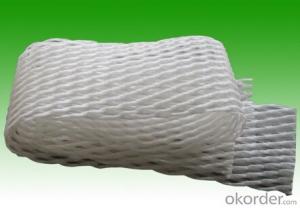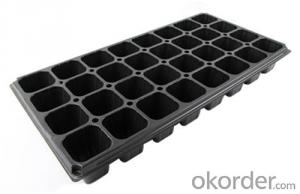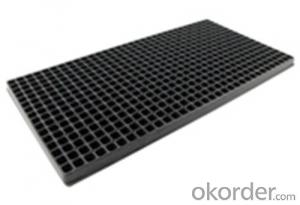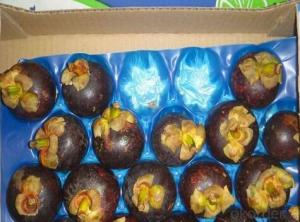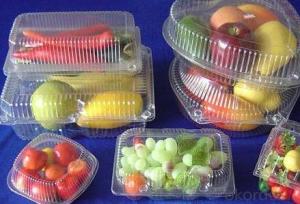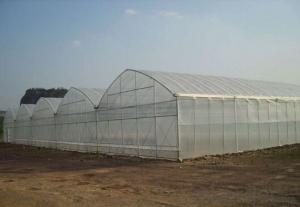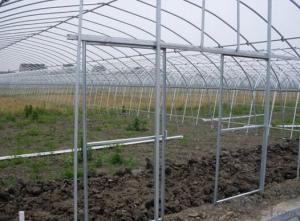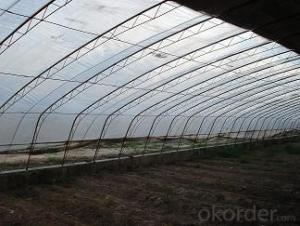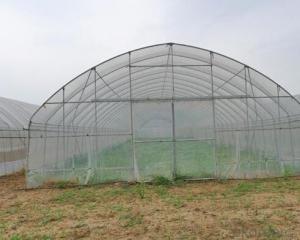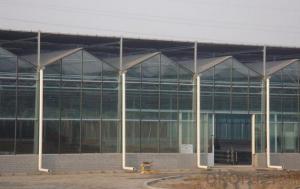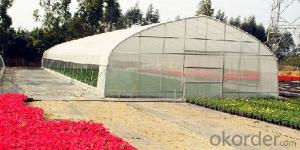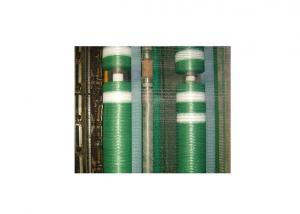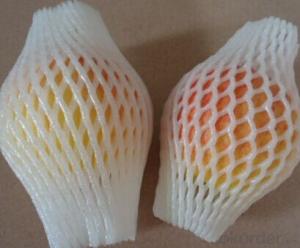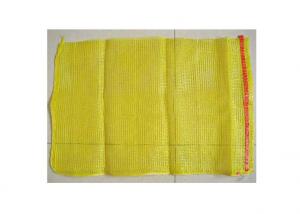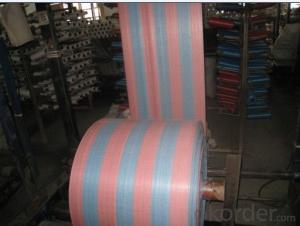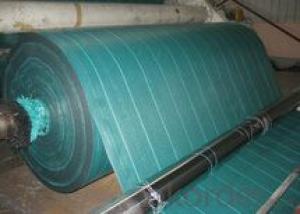Economical film greenhouse manufacturer for agriculture
- Loading Port:
- Shanghai
- Payment Terms:
- TT OR LC
- Min Order Qty:
- 10 set
- Supply Capability:
- 10000 set/month
OKorder Service Pledge
OKorder Financial Service
You Might Also Like
Specifications
1. poly film greenhouses
2.Large inner space utilization
3.Easy to manage and maintance
Features of PE Film:
1. High heat preservation, and the surface is anti-dust treated.
2. High light transmission, which can increase the inside light, enhance the photosynthesis function, and then increase the growing density and yield of plants. The total light transmission rate are more than 90%
3. The film are anti-dripping, includes the high quantity of UV stabilizer, which make the film life more than 5 years.
4. Large size, the maximum width of the film can be 12m, it can be as long as you need.
Agriculture Usage: This kind of greenhouse can be built for your agriculture plants, especially for large-scale production. In this greenhouse, high yield and good quality can be realized at the same time. All of this can improve the competitiveness of you product and has sizable economical benefits.
- Q: What are some common types of agricultural plastic products?
- Some common types of agricultural plastic products include mulch films, greenhouse films, silage wrap, irrigation pipes, seedling trays, and livestock feed bags.
- Q: When you go grocery-shopping, do you prefer paper or plastic bags?
- I read about it(i dunno if it was on here or somewhere else) that more trees would be sacrificed for using paper for grocery shopping. The problem with plastic is the production process not proper disposal. a single plastic bag I believe takes 100 years to totally decompose. So, I use a grocery bag. The wal mart bag. I try to be as environment friendly as possible :)
- Q: Where can I find a discount online for Plastic Bingo Chips - Red - 300 chips
- Plastic okorder Sales Rank: #1,581 in Toys Games Product Description 3/4 inch size. Approximately 300 plastic chips per reusable container. Radius edge. easy pickup. Commonly used at bingo and other games.
- Q: Types and uses of agricultural plastic products
- According to incomplete statistics, at present the whole industry with the production of plastic sheeting 1000 enterprises, production capacity of 2 million tons, one million tons of annual production capacity of about 60 enterprises, large-scale backbone enterprises around 30, its production capacity and annual output accounted for 60% of the total. Film in consumption has reached 700 thousand tons, covering an area of 50 million acres; film annual sales of about 450 thousand tons, covering an area of 220 million acres or more; the actual consumption of agricultural film has more than 1 million 200 thousand tons.
- Q: How do nursery trays help in seed germination?
- Nursery trays provide a controlled and optimized environment for seed germination. They offer proper drainage, moisture retention, and protection from harsh weather conditions. The trays also allow for easy handling and transplanting of seedlings once they have germinated, promoting healthier growth and increasing the success rate of seed germination.
- Q: Do nursery trays come with a built-in bottom tray for water drainage?
- Yes, nursery trays typically come with a built-in bottom tray for water drainage to prevent overwatering and promote healthy plant growth.
- Q: That you don't have to separate the plastics by number? What do they use plastic bags for anyways? I've seen them made into benches. It's kinda dissapointing that something that might have been recirculated back into plastic manufacturing was made into a bird-poop infested bench.Why don't they use plastic bags into something useful? Or do they? Like recirculate them back into virgin plastic? Would that require separation of #2 and #4 plastics?
- Plastic Bags can be recycled, It’s recycled as film Grade, and can be make it again Plastic Bags or in other packaging materials. Many recycling factories recycle plastic bags continuously and buy plastic bags scrap from over the world in huge numbers. You can Visit this company, they are on of them.
- Q: How do agricultural plastic products help with crop maturity?
- Agricultural plastic products help with crop maturity by creating a controlled environment for the crops. These products, such as plastic mulch or tunnels, can regulate temperature, conserve moisture, and protect crops from pests and diseases. By providing optimal growing conditions, agricultural plastic products can accelerate crop growth, resulting in earlier maturity and higher yields.
- Q: How do agricultural plastic products help in reducing post-harvest losses?
- Agricultural plastic products help in reducing post-harvest losses by providing effective storage and packaging solutions. These products, such as plastic crates, bags, and films, offer protection against pests, moisture, and physical damage, which can significantly minimize spoilage and deterioration of harvested crops. They also extend the shelf life of produce by creating a controlled environment that regulates temperature and humidity levels. Additionally, plastic products facilitate efficient transportation and distribution of agricultural goods, ensuring that they reach the market in optimal condition, thereby reducing post-harvest losses.
- Q: i mistakenly asked for an opposing argument FOR plastic bags! but i'm actually AGAINST plastic bags! and i need help! its for my english paper! please and thank you.
- Rockefeller education at is best.
Send your message to us
Economical film greenhouse manufacturer for agriculture
- Loading Port:
- Shanghai
- Payment Terms:
- TT OR LC
- Min Order Qty:
- 10 set
- Supply Capability:
- 10000 set/month
OKorder Service Pledge
OKorder Financial Service
Similar products
Hot products
Hot Searches
Related keywords





